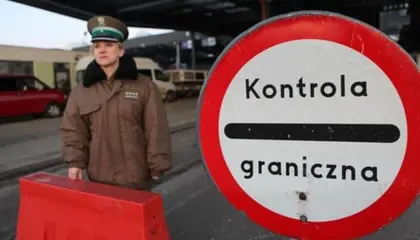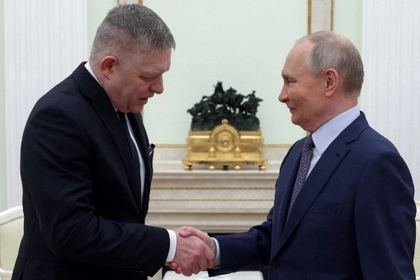Following numerous cases of Ukrainian military medical commissions and other authorized offices accepting bribes to fraudulently issue medical exemption certificates for potential conscripts, President Zelensky ordered a full review of all releases granted since the start of Russia’s full-scale invasion.
On Sept. 1 David Arachamia, leader of Ukraine’s Servant of the People party, said that Ukrainian law enforcement agencies should demand the extradition of men of military age who had illegally left Ukraine to escape mobilization and prosecute them.
- Obtain the most recent updates on the Ukraine situation today.
- Obtain the most recent updates on the Ukraine situation today.
JOIN US ON TELEGRAM
Follow our coverage of the war on the @Kyivpost_official.
The Polish news outlet, Rzeczpospolitej reported on data provided by Poland’s Border Guard that 2.87 million Ukrainian adults had crossed into Poland between Feb. 24, 2022 and Aug. 31 this year. It was estimated that around 80,000 men aged 18-60, who were potentially eligible for military service, had entered the country; the whereabouts of whom are currently not known.
A spokesperson for the Polish Border Guard, Lt. Anna Michalska, is quoted as saying that it was not known how many actually met the exemption requirements.
Ukraine shares borders with five countries where Ukrainian men may have entered: Poland, Slovakia, Hungary, Romania, and Moldova. It is feared that the number of those who have fled may run into the tens of thousands.
Fedir Venislavsky, a member of Ukraine’s National Security, Defense and Intelligence Committee said the numbers of those who illicitly avoided going to war and took refuge abroad is hugely significant. “These people could be mobilized and increase the ranks of our armed forces, thereby strengthening our defense and security.”

Zelensky Meets CIA Director William Burns in Ukraine
Inspector Mariusz Ciarka, a spokesman for the Poland’s Police Headquarters indicated that there had been a number of instances of individuals intercepted trying to cross the border illegally without an exemption. This did not only include those “dodging the draft,” but also Poles who were in the process of facilitating the action.
In the case of those who appeared to have an exemption and crossed apparently legally, the inspector said it was more complicated. In those cases, it would be necessary for Ukraine to issue an international arrest warrant for each individual case. The details would be entered into Poland’s National Police Information System (KSIP) and shared with Interpol.
If a Ukrainian was stopped for something such as a traffic offence, KSIP would flag the fact and the person would be detained. However, the police could not act on the warrant until a Polish court had approved extradition.
In July the National Anti-Corruption Bureau of Ukraine (NABU) charged the MP Lyudmila Marchenko and her assistant with corruption or demanding a bribe to provide a man with a permit to leave Ukraine as well as registering him on the Shlyakh system, which allows men of military age to leave the country.
You can also highlight the text and press Ctrl + Enter






